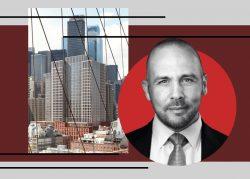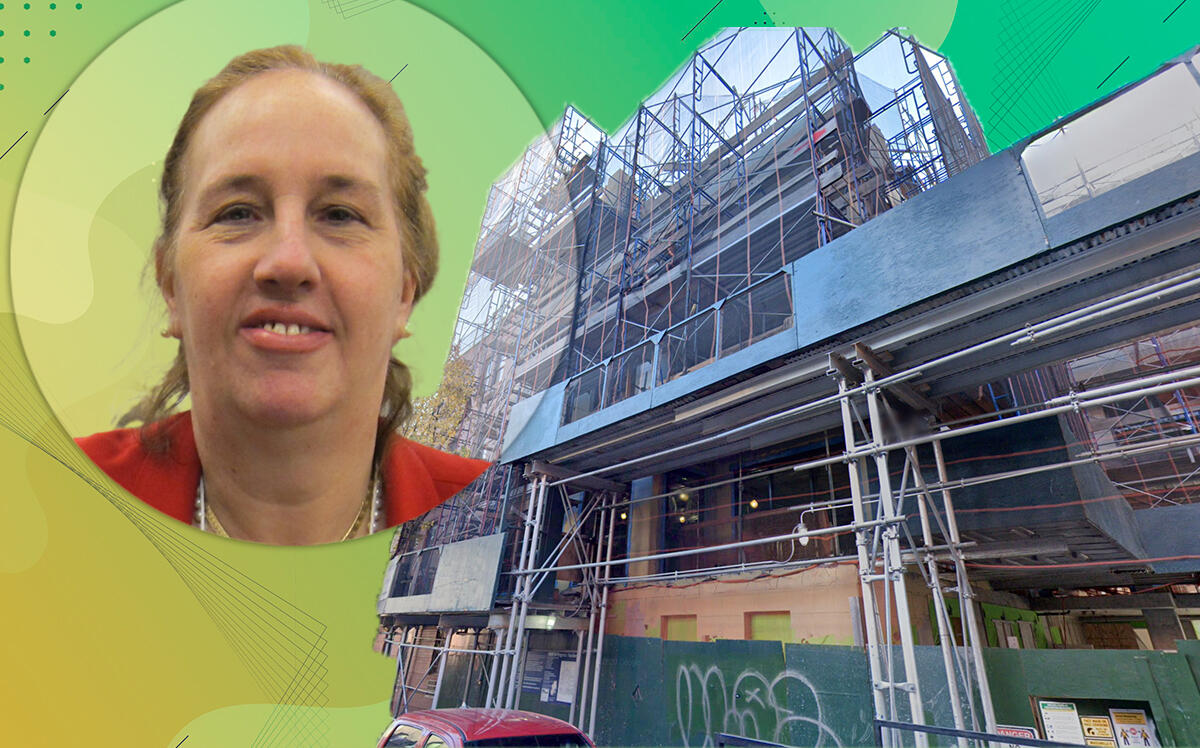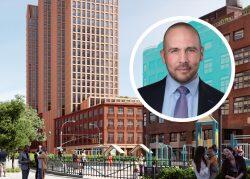 Howard Hughes hopes smaller Seaport project will work this time
Howard Hughes hopes smaller Seaport project will work this time
Trending
Museum funding snafu sets back Seaport project
City struggling to convey $50M from 250 Water Street developer Howard Hughes

Key support for Howard Hughes’ South Street Seaport project hinges on a $50 million investment in a local museum — but the city hasn’t figured out how to deliver the money.
The developer pledged $50 million to the Seaport Museum, but finalizing the endowment has proven a challenge. At a City Planning Commission hearing Wednesday, Manhattan Borough President Gale Brewer said she would withhold her support for the project until the money was secured.
She noted that the city’s Office of Management and Budget and the developer are still negotiating the “final mechanism for delivering that funding.”
“It is a project that celebrates the past, and, I think, plans for the future, but only, only if we honor the museum’s history with making it whole and giving it an opportunity to live into the future,” Brewer testified.
A spokesperson for Howard Hughes said the developer is working closely with the city to finalize the arrangement “in the near future.”
“We agree with Borough President Brewer: delivering the funding needed to secure the long-term stability of the treasured South Street Seaport Museum is an essential component of the 250 Water Street project,” the spokesperson said in a statement.
Delivering the money isn’t as simple as Howard Hughes cutting a check. A spokesperson for the mayor’s office called negotiations part of a “complicated development rights transaction.”
The endowment for the museum is tied to the proposed transfer of unused air rights at Pier 17 and the Tin Building, which are leased by Howard Hughes but owned by the city. The money would allow the museum to fully reopen for the first time since 2012 and also pay for infrastructure improvements.
Last month, Community Board 1 issued a resolution opposing the project, calling it an “extremely complex and convoluted package of zoning actions.” The board raised concerns about the lack of a contractual agreement that the museum would receive funds from the air rights sale. Its opinions are advisory.
In May, the Landmarks Preservation Commission approved Howard Hughes’ project, which would rise 25 stories and include 270 apartments, 70 of which would be affordable. Howard Hughes has since increased the number of affordable units, set aside for those making an average of 40 percent of the area median income, to at least 80.
The developer previously proposed a 360-unit building with 100 affordable apartments, but had to shrink it to get Landmarks’ approval.
Read more
 Howard Hughes hopes smaller Seaport project will work this time
Howard Hughes hopes smaller Seaport project will work this time
 Seaport community groups sue to block Howard Hughes’ Water Street tower
Seaport community groups sue to block Howard Hughes’ Water Street tower
Council member Margaret Chin, who represents the district, and Brewer have both voiced support for the project, contingent on funding for the museum. Chin’s support in particular is crucial for the project’s approval by the City Council.
Opponents have called the project out of scale with the historic district, and cited concerns over the prolonged construction and remediation of the contaminated site. The property, which has been a parking lot for decades, was once home to a thermometer factory.
Howard Hughes bought 250 Water Street in 2018 for $180 million. The previous owner, the Mistein family, had repeatedly tried and failed to secure approvals to build there.




